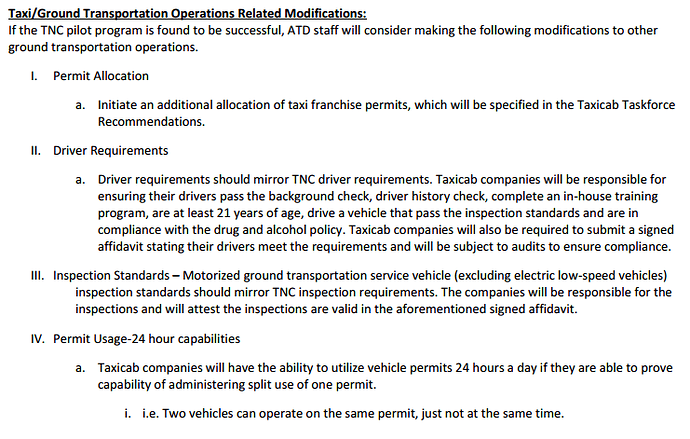Brendan, I completely agree that there is no place in the City’s discussion of ridesharing regulations for personal attacks directed at our elected leaders. I was personally appalled by Uber’s “Kitchen Mode” (the video advertisement and ride mode that allowed passengers to request a horse-drawn carriage downtown). Mocking our City leaders is very inappropriate, and did very little to increase public support for ridesharing.
However, I’ve been generally satisfied by Lyft’s approach to the campaign. While Uber was releasing that video, myself and a few other Lyft drivers were knocking on doors in various parts of town and asking folks to put up a Support Ridesharing sign in Lyft’s signature magenta.
Since late Summer 2014, I’ve completed 1,659 Lyft rides and 2 Uber rides. Personally, I do not like how Uber does business, so I choose not to earn them a profit. I encourage everyone to make sure we aren’t allowing the childish behavior of a single company to be sole justification for these regulations.
When I spoke during the General Citizen Communications section of the City Council’s meeting on Nov. 19th, I tried to address my concerns that the City Council could throw the baby out with the bathwater. Here is the full text of speech I delivered: https://docs.google.com/document/d/1e4RAcXxYbuzgR1Wg-RPXRFOl45adtmk7iNNm2WcUx1E/edit?usp=docslist_api
Regardless if Lyft, Uber, or some other company chooses to operate in Austin under the City Council’s new regulations, Austin’s City Council did indeed pass regulations which are anticompetitive, discriminatory, bureaucratic, and incomplete.
Let’s try a little allegory. Assume I invited you to a dinner party and asked for your list of food allergies. When dinner was served, you were shocked that every item on your plate was something you couldn’t eat. To make matters worse, I overheard you mention to another guest after dinner that you were hungry, and I made a scene by calling you out publicly and ranting about how you could have eaten dinner, but chose not to. So now everyone believes you’re unreasonable and immature because you wouldn’t the dinner I cooked for you.
That’s how I see this situation. These regulations negatively impact TNCs & Drivers with little justification or positive impact to society. I’m glad Lyft has taken such a clear and principled on these regulations. If they choose to leave because of the City’s regulations, it will be a clear indicator that Austin isn’t the right city for me anymore, either.

